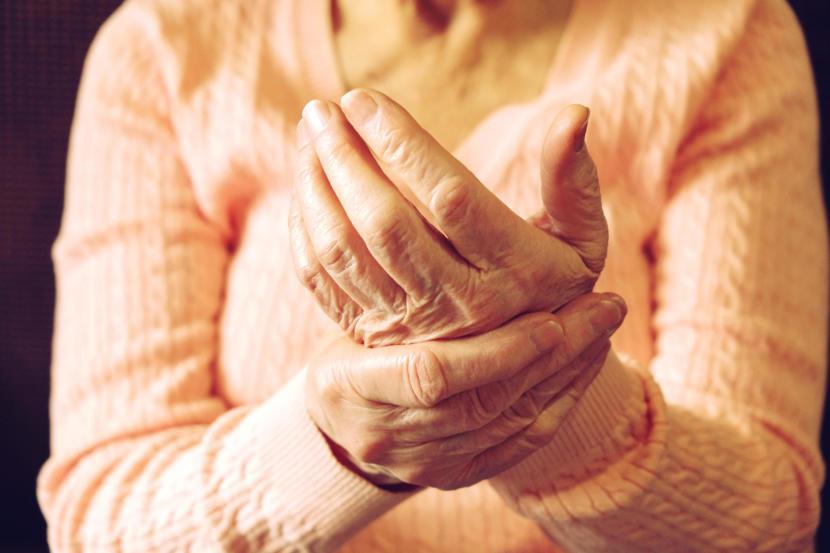Managing Rheumatoid Arthritis Pain

Joel D. Abbott, MD, works at Rheumatology Associates PC in Birmingham, Alabama. Board certified in internal medicine and rheumatology, his wonderful nature and treatment of patients were acknowledged by Vitals.com from 2008-2011 when he received the Patients' Choice Award. His areas of expertise include the diagnosis... more
There is no one-size-fits-all approach to Rheumatoid Arthritis (RA). What works for one person isn’t at all guaranteed to work for someone else. This is because each person living with RA may experience different symptoms and different triggers, making treatment that much more difficult. People living with RA may try several different methods before finding something that works, and they might also find success with combination methods. Because there isn’t yet a cure for RA, treatment and lifestyle modifications aim to fight or prevent uncomfortable and painful symptoms from occurring.
Let’s go over a few RA pain management methods that are typically recommended by rheumatologists.
Pain Medications
From disease-modifying antirheumatic drugs (DMARDs) to short-term corticosteroid use to long-term use of immunotherapy drugs and biologics, there are many different approaches to finding the right pain medication strategy. Your rheumatologist will guide you through this process, helping you choose the right options for your unique situation and symptoms.
Diet
Modifying diet has the potential to help relieve RA symptoms, especially inflammation. Fish oils (those that contain omega-3 fatty acids) have been proven to alleviate inflammation. Salmon and tuna are excellent natural sources of healthy omega-3s. If you aren’t crazy about seafood, there are many vitamin supplements available, but you’ll need to speak with your healthcare team about which one is right for you. And, it’s also important to maintain a healthy weight if you live with RA. Less weight means less strain and pressure on your joints, which will lead to reduced pain and irritation.
Physical Therapy
Physical therapy is especially useful for people who have experienced joint damage or impacted joint function because of RA, or for those who wish to keep up an especially active lifestyle after diagnosis. From acupuncture to daily exercises, there’s a lot to choose from here.
Regular Use of Heat and Cold
This is most useful in treating symptoms as they flare up, which can be unpredictable. Many people living with RA find close to immediate relief in taking a hot bath, and in alternating between heat and cold packs. But for people who experience RA in multiple joints, this might not be as easy. If you aren’t finding symptom relief from using hot and cold therapies, speak with your rheumatologist to discover a better routine.
Finding effective pain management strategies for rheumatoid arthritis requires a lot of patience, but it is possible with the right approaches.








